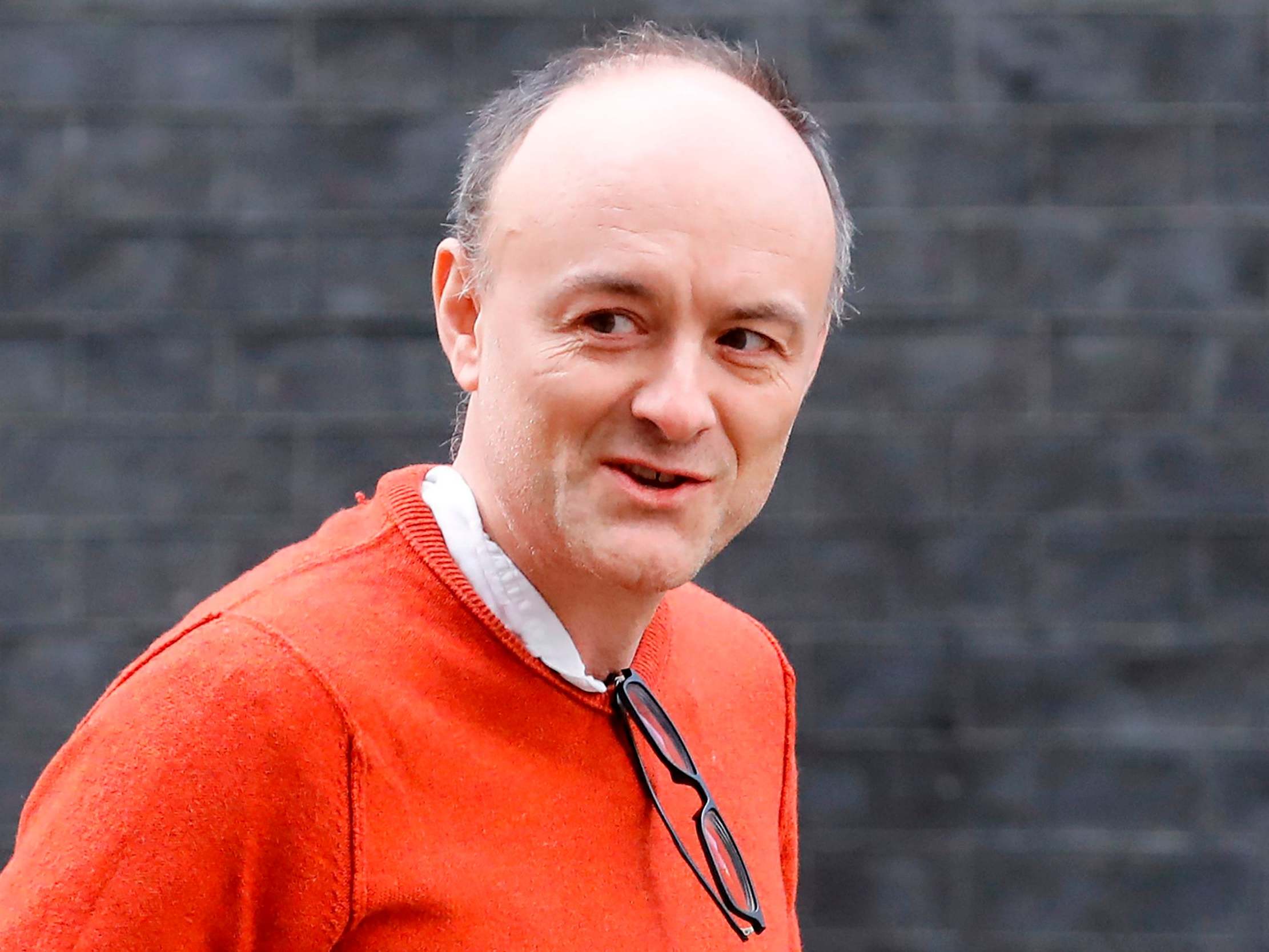Boris Johnson’s advisers should engage with scientists, but openness is everything
Editorial: The government’s approach has allowed those who attribute the worst of motives to politicians to fill in the gaps

Dominic Cummings, the prime minister’s chief adviser, and Ben Warner, a junior one, attended meetings of Sage, the Scientific Advisory Group for Emergencies, including the one on 23 March, after which Boris Johnson announced the lockdown.
The news has provoked outrage from the Labour Party – although interestingly not from Sir Keir Starmer, the leader, yet – and from Sir David King, the former government chief scientific adviser, who said: “It marries with all of my worst fears.”
We should be clear, however, what the problem is. It is not that Mr Cummings takes an interest in science and has discussed the coronavirus epidemic with the country’s experts.
It is probably a good thing that the prime minister’s advisers sat in on the committee’s meetings; and that they asked questions and took part in the debate. It is important that the political side of the government machine understands the science. Usually, the criticism of politicians is that they know too little about science or that they do not go to the right meetings.
We do not believe that the members of Sage, or its chair, Sir Patrick Vallance, the current chief scientific adviser, would be swayed from giving their best advice by the presence of a couple of political appointees. In any case, it requires a conspiracy theorist’s mind to imagine that the prime minister or his advisers had a policy response to coronavirus which they wanted to pursue and sought to suborn Sir Patrick and his colleagues into agreeing to it.
The problem with our discovering now, a month after the event, who attended that important meeting is that it suggests a lack of openness. As Yvette Cooper, a Labour former health minister, said, “trust and transparency are the most basic things in any public health crisis”.
Generally, the government has done well in sharing its thinking with the people. The daily news briefings have been important. Sage and its expert sub-groups have published a large quantity of scientific evidence supporting the government’s response to the virus, including some of the sub-groups’ minutes. But Sage’s own minutes and its recommendations to ministers have not been published, and its current membership has only just been reported.
There has occasionally been a blurring in policy between what precisely the scientists have advised and what ministers have decided, not helped at some points by mixed messages emanating from the politicians.
This apparent lack of openness is bad politics, not least because it allows those who attribute the worst of motives to politicians to fill in the gaps. If we had been told who attended the meetings and what their advice to ministers was, it is possible that we could have spent more time discussing the content of the scientific advice and less on the process of minutes and attendance lists.
Join our commenting forum
Join thought-provoking conversations, follow other Independent readers and see their replies
Comments